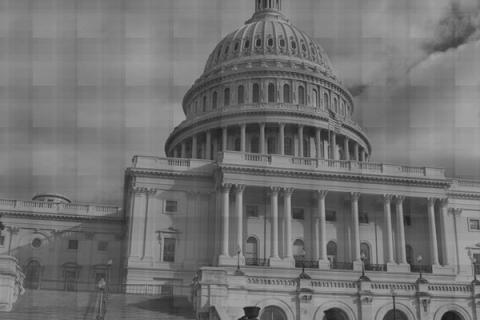Former CIA analyst Robert Baer warns that the U.S. is “dangerously wrong” on Iran. Baer says that the Justice Department's vague allegations Tuesday against “factions of the Iranian government” who supposedly plotted to assassinate the Saudi Ambassador to the United States are not in keeping with Iran's modus operandi. The 21-year veteran case officer of the Middle East suggested that the U.S. should step back from its aggressive posture and attempt to open more diplomatic channels or risk sparking an uncontrollable war.
Like a number of other officials skeptical of the bizarre accusations against Iranian leadership, Baer does not see the threat as credible. No single U.S. official will go as far as to implicate the upper reaches of Iran's government in the supposed plot. This could be because the plot is no more than the product of yet another homemade FBI terror sting involving the entrapment of a disgruntled American citizen. Whatever the case, the “terrorist plot” provides the perfect pretense for the Obama administration to unite the world in support of a long-threatened attack on Iran.
In the meantime, seven U.S. soldiers have died fighting in Afghanistan so far this month as well as one soldier in the Iraqi war theater. Since this time last week, the U.S. has expended $1.7 billion on Operation Enduring Freedom. In the same week's time, $680 million has been spent on security and reconstruction efforts in Iraq.
On Wednesday, the UN's Security Council extended the authorization of the International Security Assistance Force (ISAF) in Afghanistan for another year. The mandate for NATO forces to continue to occupy Afghanistan will continue through October 13, 2012 as world leaders deem the situation in the war-torn country a “threat to international peace.”
A dispute between Iraqi and U.S. government officials over the immunity status of troops in Iraq has delayed negotiations over an Iraqi request for up to 5,000 troops to remain after the December deadline for withdrawal. The U.S. insists that it will only agree to station troops that have blanket immunity from Iraqi prosecution for crimes committed off-base. But Iraqi officials seem to be under the impression that however many troops remain, they will be operating only on base as trainers for Iraqi security forces and would have no need for broad immunity.
In Syria, tens-of-thousands of pro-government Syrians rallied in the streets of Damascus Wednesday to show their support for President Bashar Assad. The demonstrations, which took the international community by surprise, were intended to show that Assad still has the backing of a large number of Syrians. Opponents insist the rallies are “staged” by the Assad government, a charge which Assad himself has leveled against anti-government protests that have for the past seven months been welcomed with bloody crackdowns by the Syrian military.
According to an AP report, demonstrators are also denouncing the formation of the Syrian National Council, an extra-legal governing body assembled for the first time last week in Turkey by main opposition factions. Reports also indicate another motive for rally organizers: Syrians were compelled to come together to celebrate Russia's and China's decision to block a U.N. Security Council resolution condemning Syria for its harsh treatment of protestors. The Assad government maintains that the violent crackdowns have not been against civilians, but rather “terrorist groups” following the lead of Western provocateurs.

